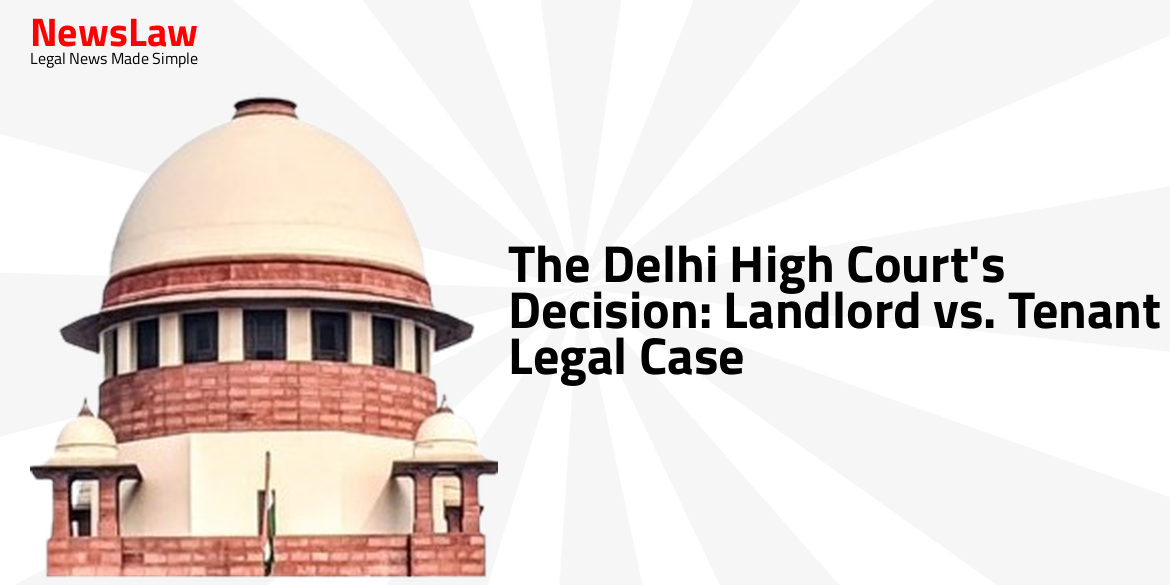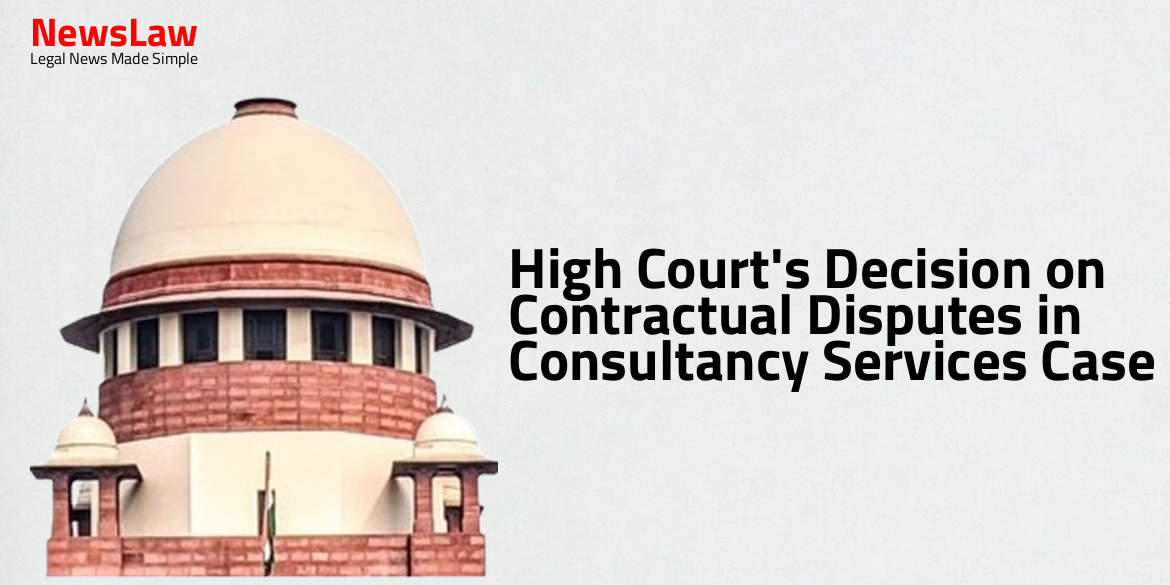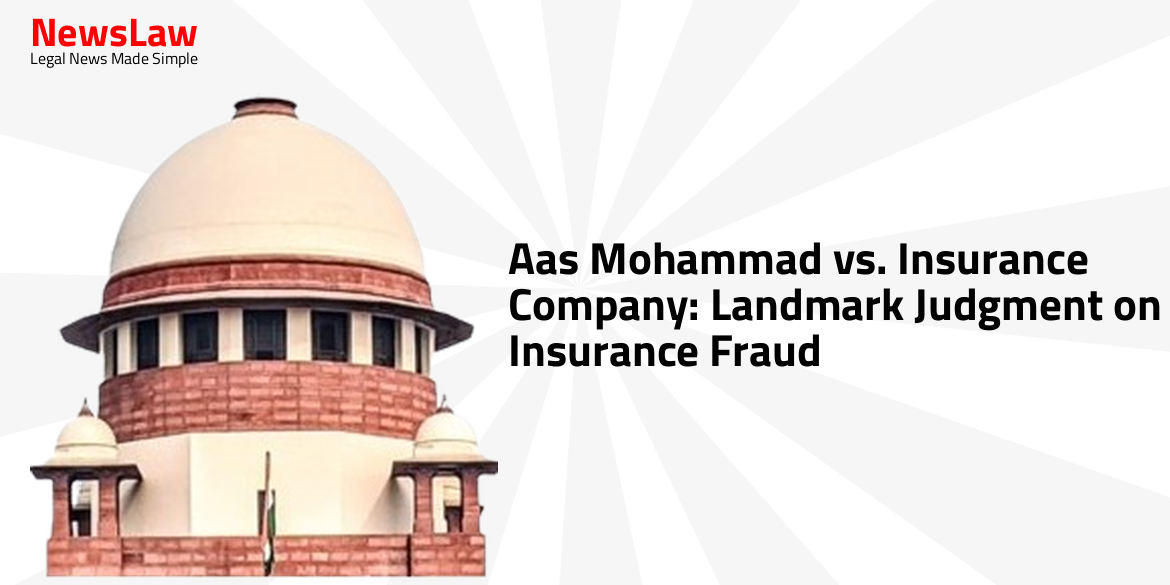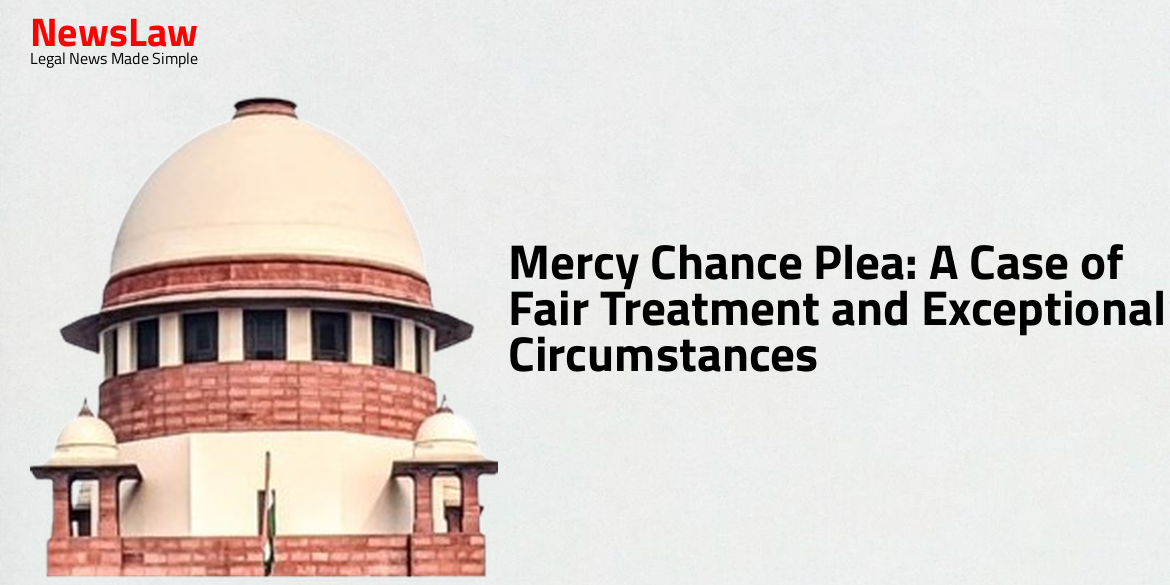In a recent legal battle at the Delhi High Court, a case involving a landlord and tenant was carefully examined. The Court’s decision, which favored the landlord, sheds light on fundamental rights and issues of consent. The petitioner’s claims were found to lack merit, leading to the dismissal of the petition. Stay tuned for more insights into this intriguing case. #DelhiHighCourt #LegalCase #LandlordvsTenant
Facts
- The accused and the victim were tenant and landlord respectively.
- The victim alleged that she was forced to elope due to family issues.
- The accused claimed that the victim misrepresented her age and they got married with no sexual relations.
- Photographs of the accused and the victim in Taj Mahal were admitted as evidence.
- The victim stayed with accused’s family after eloping and interacted with them.
- The victim later accused the accused of kidnapping and sexual assault.
- There was confusion regarding a document claimed to be a marriage certificate.
- The victim’s testimony lacked clear evidence of abduction or forceful taking away.
- The victim admitted to willingly traveling with the accused to Bihar.
- The father of the victim reported her missing when she did not return from her grandparents’ house.
- The victim did not raise any alarms or seek help during their travels.
Analysis
- There is confusion regarding the victim’s date of birth as stated by herself and noted in school records.
- The victim’s claim of ‘physical relationship’ referring only to kissing created confusion.
- Consensual relationships with minors are covered under the POCSO Act regardless of consent.
- The victim provided conflicting versions with no evidence of kidnapping or enticement.
- Discrepancies in dates of her disappearance were noted, adding to the confusion.
- The court referenced a previous case for determining age based on school records.
- The accused claimed they were married but denied any physical relationship.
- The need for clarity on events surrounding the alleged assault or disappearance was highlighted.
- The appellate court cannot reverse the trial court’s finding even if two views were possible.
- The learned Trial Court’s decision to give the benefit of doubt to the accused was justified due to the lack of confidence in the witness’s statement.
- The Trial Court’s analysis and appreciation of the evidence were in the right perspective.
- There is no compelling reason on record for a different view; hence, the Trial Court’s decision stands.
- The State is not entitled to leave to appeal based on the logical and reasonable decision of the Trial Court.
- The Trial Court’s reasoning is in line with the evidence and is also convincing to us.
Decision
- The leave application has been carefully considered.
- The grounds raised by the Petitioner have been found to be without merit.
- It was argued by the Petitioner that there was a violation of their fundamental rights.
- The Petitioner failed to provide sufficient evidence to support their claims.
- The Court found no reason to interfere with the lower court’s decision.
- Based on the above reasons, the leave is declined and the petition stands dismissed.
Case Title: STATE Vs. ROSHAN (2024:DHC:3936-DB)
Case Number: CRL.L.P.-67/2020



